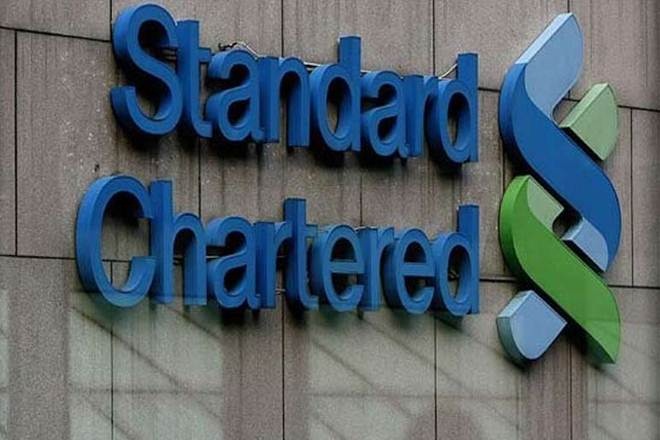103 correspondent banks abandon Zim
Zimbabwe is left with only two correspondent banks, down from over 105, hampering the free movement of funds across international borders, as economic sanctions continue to weigh on the economy.
Prior the imposition of the economic embargoes by the West under the Zimbabwe Democracy and Economic Recovery Act (ZIDERA), Zimbabwe had 105 correspondent banks. International banks have in the past two decades been de-risking on correspondent banking relationships on compliance issues and sanctions.
This, Finance and Economic Development Deputy Minister, Clemence Chiduwa, said this created scope for Government to continue and be persistent about the re-engagement process.
He said Government could not afford to relax over re-engagement efforts as this has far reaching consequences on the economy, across all sectors. Although he did not shed more light on the remaining correspondent banks, it is understood one of the remaining solid bank with those relations is Standard Chartered Bank Zimbabwe which, however, has announced its plans to exit the nation casting doubts on the continuity of the correspondent banking function.
“We are now left with only two intermediary banks which is very costly for the country. If these two banks decide to leave us, it will negatively affect businesses so we will continue with re-engagement,” he said responding to questions at the just ended 4th Zimbabwe Annual Multi-Stakeholder Debt Conference in Bulawayo hosted by the African Forum and Network on Debt and Development (AFRODAD) and Zimbabwe Coalition on Debt and Development (ZIMCODD).
“Before the coming in of ZIDERA, Zimbabwe had more than 105 corresponding banks, and now we have only two. If we continue on that path where as a country we have limited intermediary banks, it is a huge cost to our investors. I think engagement should continue, both locally and internationally and our focus as Ministry of Finance has been mainly on financial and economic re-engagement,” he said.
ZIDERA was promulgated in retaliation to the land reform programme, which sought to address the colonial imbalances with regards land ownership in the country.
There have been concerns from other sectors of the economy that the re-engagement process was a waste of precious resources and failing to bear positive results.
Chiduwa further explained that as long ZIDERA was tied to the land issue, the re-engagement efforts would also take time as Government would not compromise on land redistribution initiative which started over two decades ago.
“One of the reasons why Zimbabwe was sanctioned was because of the land issue and as a country the land issue is a done deal, there is no going back.
“But as long as ZIDERA is tied to land, it means we may not immediately get to that stage where we reach total engagement because we are not going to change our position on that.
“I don’t know if the ZIDERA is amended to remove the issue of land, or else the re-engagements are going to take a long time,” he said.
He added despite these challenges, there were already positives noted, a sign of thawing relations with the International Monetary Fund (IMF) willing to consider Zimbabwe on agriculture and drought mitigation measures.
“We are seeing that our relations are thawing and we are going to get that breakthrough we need,” said Chiduwa.-ebusinessweekly










